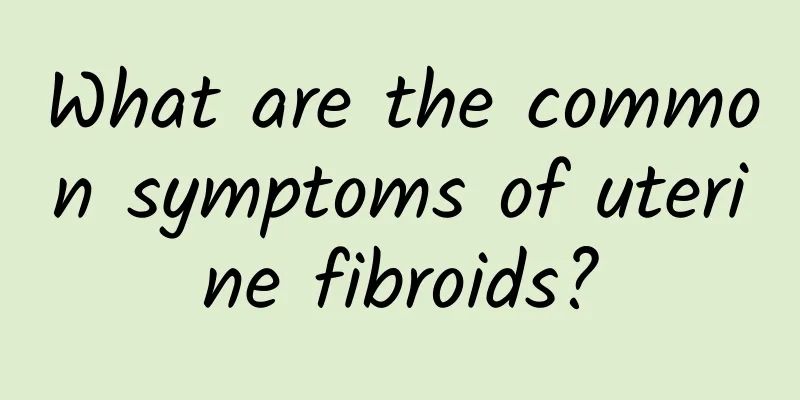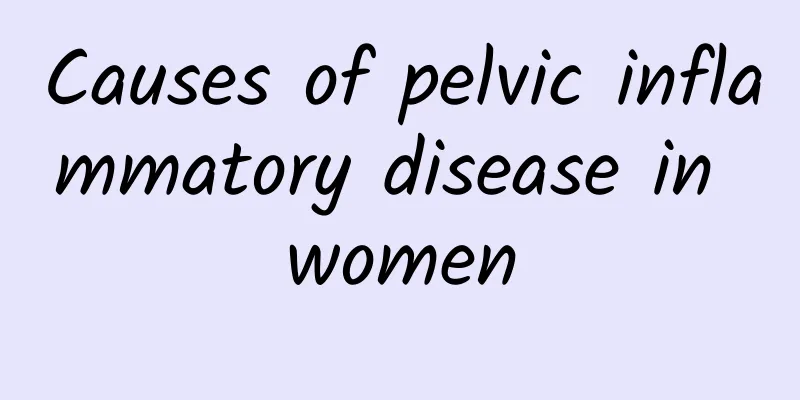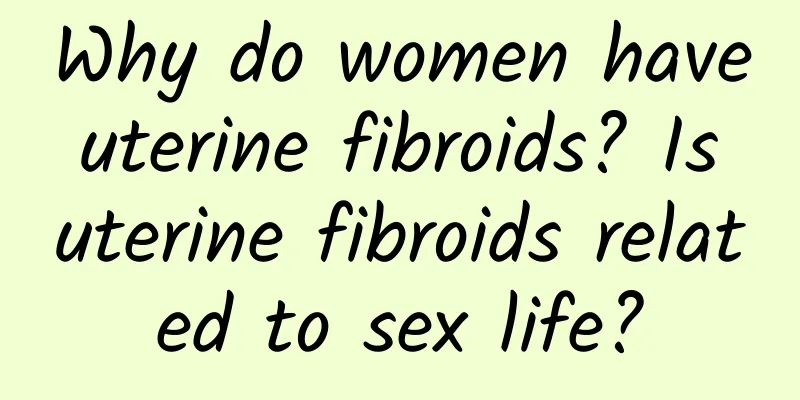What are the common symptoms of uterine fibroids?

|
Symptoms of uterine fibroids mainly include menstrual abnormalities, abdominal masses and compression symptoms, and treatments include medication, surgery and lifestyle adjustments. Uterine fibroids are common benign tumors of the female reproductive system, and symptoms vary depending on the location, size and number of the fibroids. 1. Abnormal menstruation: Uterine fibroids may cause increased menstrual flow, prolonged menstruation, or shortened menstrual cycles. Increased menstrual flow may cause anemia, manifested as fatigue, dizziness, and other symptoms. Treatment methods include the use of hormone drugs such as gonadotropin-releasing hormone agonist GnRH-a to regulate menstruation, or oral contraceptives to reduce menstrual flow. 2. Abdominal mass: Larger uterine fibroids may feel like a mass in the abdomen, especially when the bladder is full. The mass may cause abdominal discomfort or pressure. Treatments include minimally invasive surgery such as laparoscopic myomectomy, or traditional open surgery to remove the fibroid. 3. Compression symptoms: Uterine fibroids may compress adjacent organs, such as the bladder and rectum, leading to symptoms such as frequent urination, urgency, and constipation. Surgery is required when compression symptoms are severe, such as uterine artery embolization to reduce blood supply to the fibroids, or hysterectomy to completely solve the problem. 4. Lifestyle adjustment: Maintaining a healthy lifestyle can help relieve the symptoms of uterine fibroids. It is recommended to increase fiber-rich foods such as vegetables and fruits and reduce the intake of high-fat foods; moderate exercise such as yoga and walking to promote blood circulation; avoid excessive fatigue and mood swings, and keep a good mood. Symptoms of uterine fibroids vary, and treatment methods need to be selected according to individual conditions. Early detection and intervention can help improve the quality of life. Regular gynecological examinations and timely detection and treatment of uterine fibroids are the key to preventing complications. |
<<: Can endometritis and pelvic inflammatory disease be cured?
>>: What tea to drink for uterine adnexitis
Recommend
The number of people with eating disorders in the UK has increased by 16%
Recently, British artist Lady Gaga was reported t...
Will you get fat if you eat fat? One table to understand the difference between good and bad fats
Among the many terms I learned while studying die...
What does uterine fibroids generally refer to? Is uterine fibroids the most common gynecological disease?
What is uterine fibroids? Is uterine fibroids the...
What are the symptoms of habitual miscarriage in women? Do not ignore them
If a woman has a miscarriage three or more times ...
What are the most common symptoms of adnexitis?
Among the many gynecological diseases, I believe ...
What are the complications of menstrual disorders?
What are the complications of menstrual disorders...
What tea is good for threatened abortion?
Many pregnant women with threatened miscarriage l...
What tests should be done for Bartholinitis?
Bartholinitis has a huge impact on women's bo...
What should I do if my pregnancy is complicated by uterine fibroids? Can I still have children if my pregnancy is complicated by uterine fibroids?
Uterine fibroids are common benign tumors in wome...
Causes of ovarian cysts in women
What are the causes of ovarian cysts? Ovarian cys...
Experts explain common nursing measures for adnexitis
The clinical incidence of adnexitis is very high....
More than 50% of people who have tried weight loss products know the safety of the drugs
Artist Tao Jingying endorsed the weight managemen...
What does blood stasis amenorrhea mean?
Blood stasis amenorrhea refers to a condition in ...
Typical symptoms of threatened abortion
Typical symptoms of threatened abortion include v...
Treatment of congenital absence of vagina
Congenital vaginal embryos are obstructed by inte...









